Category:Censorship

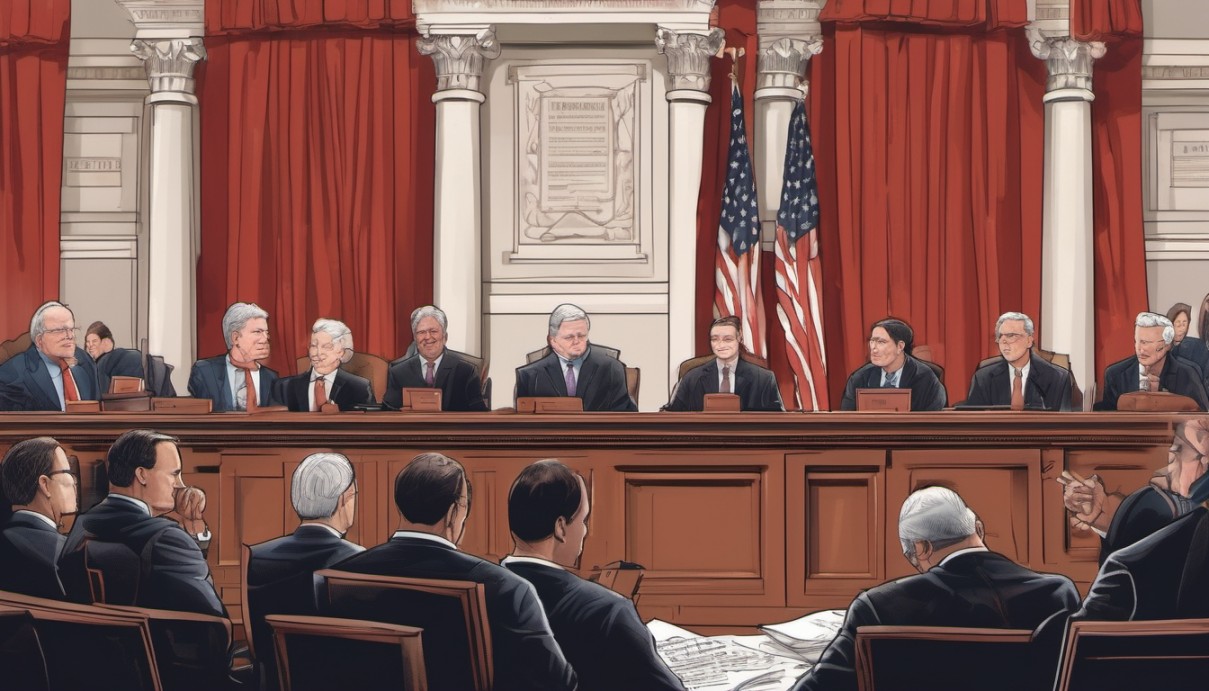
Breaking down the Murthy v. Missouri Supreme Court Ruling
June 28, 2024 | Post
The Murthy v. Missouri case exposed the Biden Administration’s efforts to control public discourse, highlighting a crucial battle for free speech rights.

Anthem: a gateway to the genius of Ayn Rand
March 14, 2024 | Post
Today, 86 years on from its original publication, Anthem stands firm as a testament to the enduring power of the human spirit and the eternal flame of individualism.

Tolerance means dealing with ideas without canceling or censoring
January 25, 2024 | Post
Society is always changing, and so are ideas.
One constant, however, is intolerance for different ideas. That intolerance has left its mark, often in blood, on human history. The current iteration of intolerance, though not quite bloody, is “cancel culture.”

How Section 230 protects your online freedom
January 12, 2024 | Post
Section 230, part of the Telecommunications Decency Act of 1996, may sound like just any obscure piece of legislation, but it plays a crucial role in protecting your online freedom.
When Section 230 became law in 1996, it brought common sense to the table — content creators should be held responsible for their own words, not the platforms playing host.
However, in recent years, there has been significant pushback against Section 230 from figures across the political spectrum.

Remembering Ibrahim Qashoush: a brutal story of musical resistance and regime violence
October 27, 2023 | Post
Although highly unknown beyond the Free Syria movement, an often-forgotten cause, Ibrahim Qashoush was a popular singer during the beginning of the Syrian Revolution. He soon became one of the countless victims of the Assad regime’s brutality. This is his story.

Branded as traitors: why activism in Bosnia and Herzegovina is not for the fainthearted
October 2, 2023 | Post
Right now, activists in Bosnia and Herzegovina, specifically within the region of Republika Srpska, are bracing themselves for an array of new challenges as the government plans to enact a law that will impose strict oversight and intense scrutiny of non-governmental organizations. Those receiving funding from abroad will be required to register as “foreign agents.”
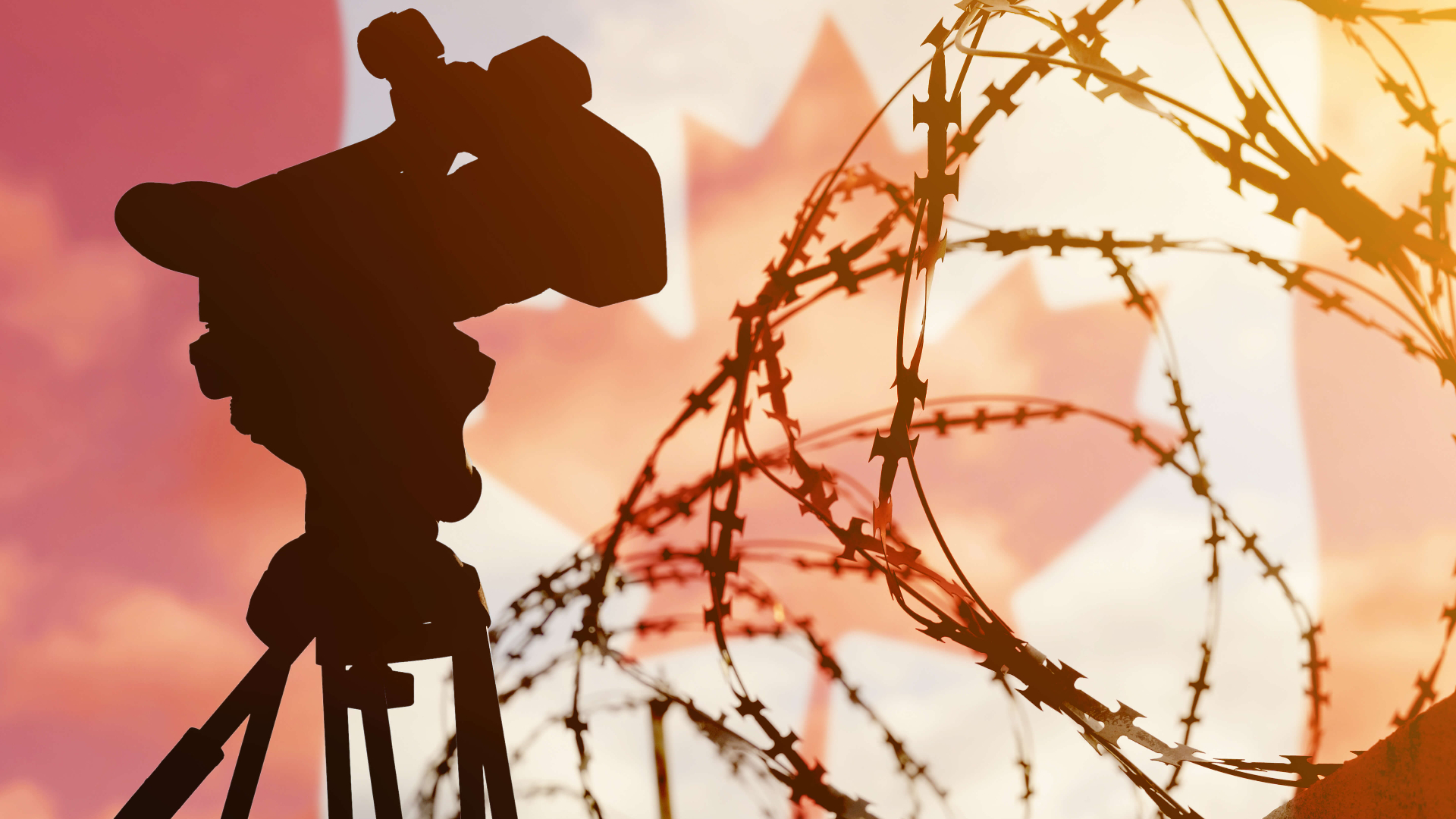
Bill C-11: how Canada’s algorithm power play stifles free speech online
September 26, 2023 | Post
For the Canadian Government, Bill C-11 heralds a fresh avenue for regulation and control. It is a mechanism for both reprimanding adversaries and rewarding lobbyists. Naturally, this government dominance over media comes at the cost of freedom and diversity of content online. Here’s what’s at stake…

Bill C-18: social media no longer a home for news in Canada
August 3, 2023 | Post
Under the guise of supporting local news outlets in Canada, Bill C-18 aims to censor all news outlets on social media platforms unless their companies offer compensation to Canadian news outlets for the news they provide.
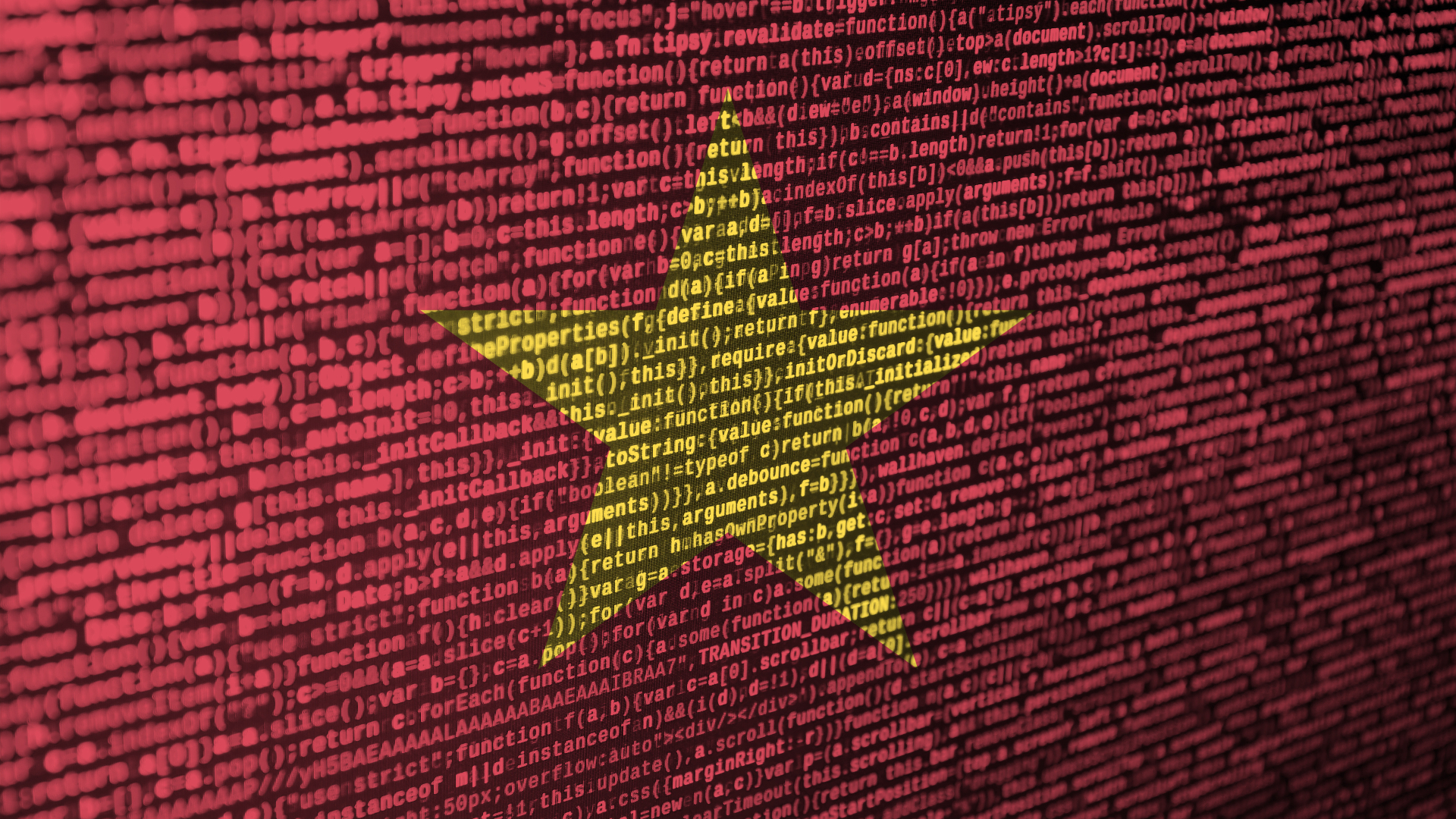
An assault on anonymity: the consequences of Vietnam’s new social media policy
June 2, 2023 | Post
In Vietnam, a new regulation will take effect by January 2024 requiring all social media users to verify their identities in order to use online platforms. This move is a blatant violation of the right to free expression and privacy.

Is Covid China’s Chernobyl?
April 4, 2023 | Post
Just as COVID has changed our lives in many ways since 2020, Chernobyl changed the world in 1986. These were two great disasters emanating from two major communist nations. The results and consequences of both will affect us for a very long time, maybe even forever.
As many will know, Chernobyl was instrumental in accelerating the end of the Soviet Union and is critical to our understanding of this period. However, could COVID be the key to understanding, in the future, perhaps, the end of Communist China?
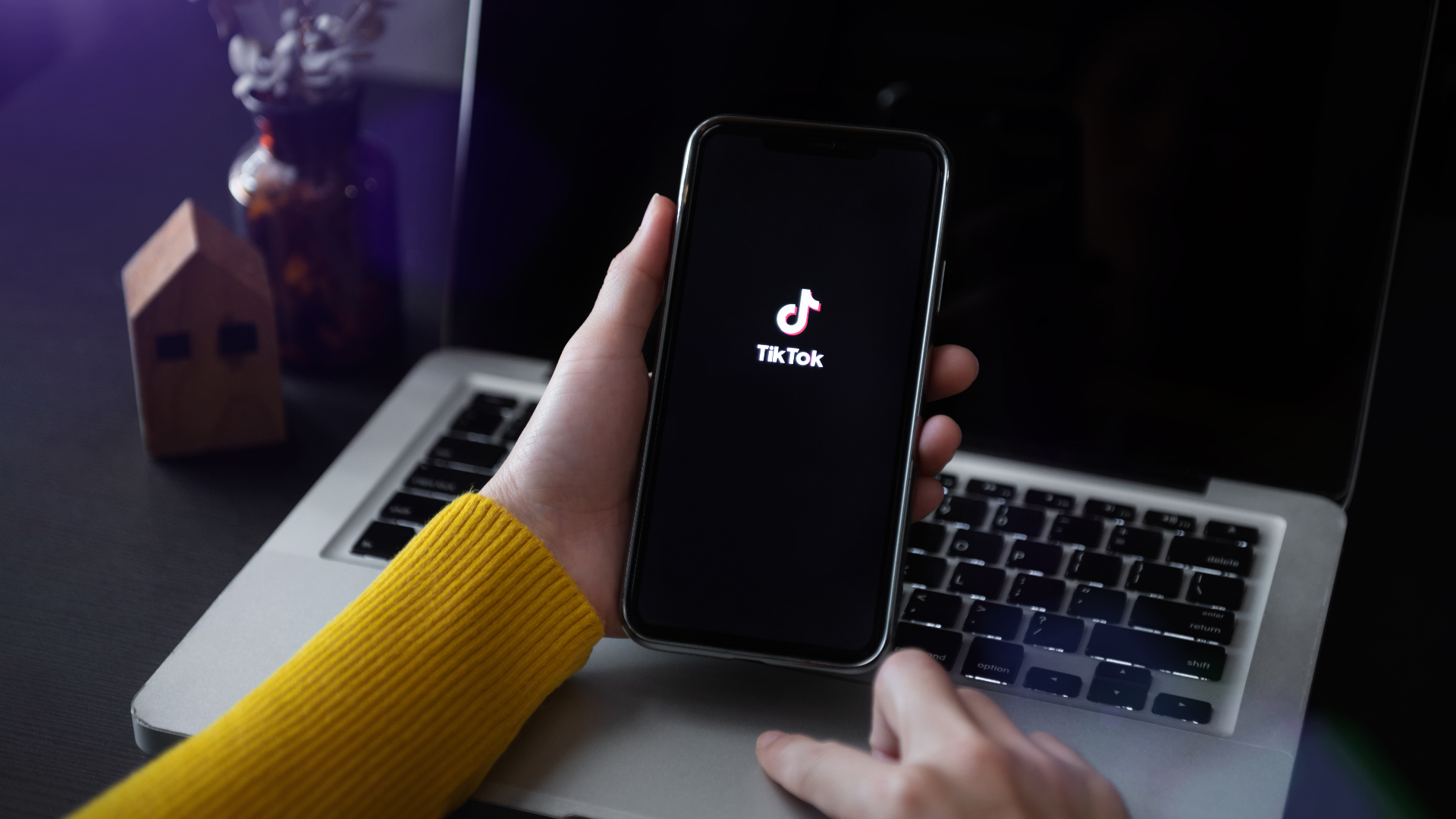
The TikTok dilemma: privacy risks vs the importance of free choice
March 30, 2023 | Post
TikTok has been under intense scrutiny for its data collection and sharing practices, with concerns raised about the platform’s relationship with the Chinese government and its potential for mass surveillance of Americans. But should it be banned?
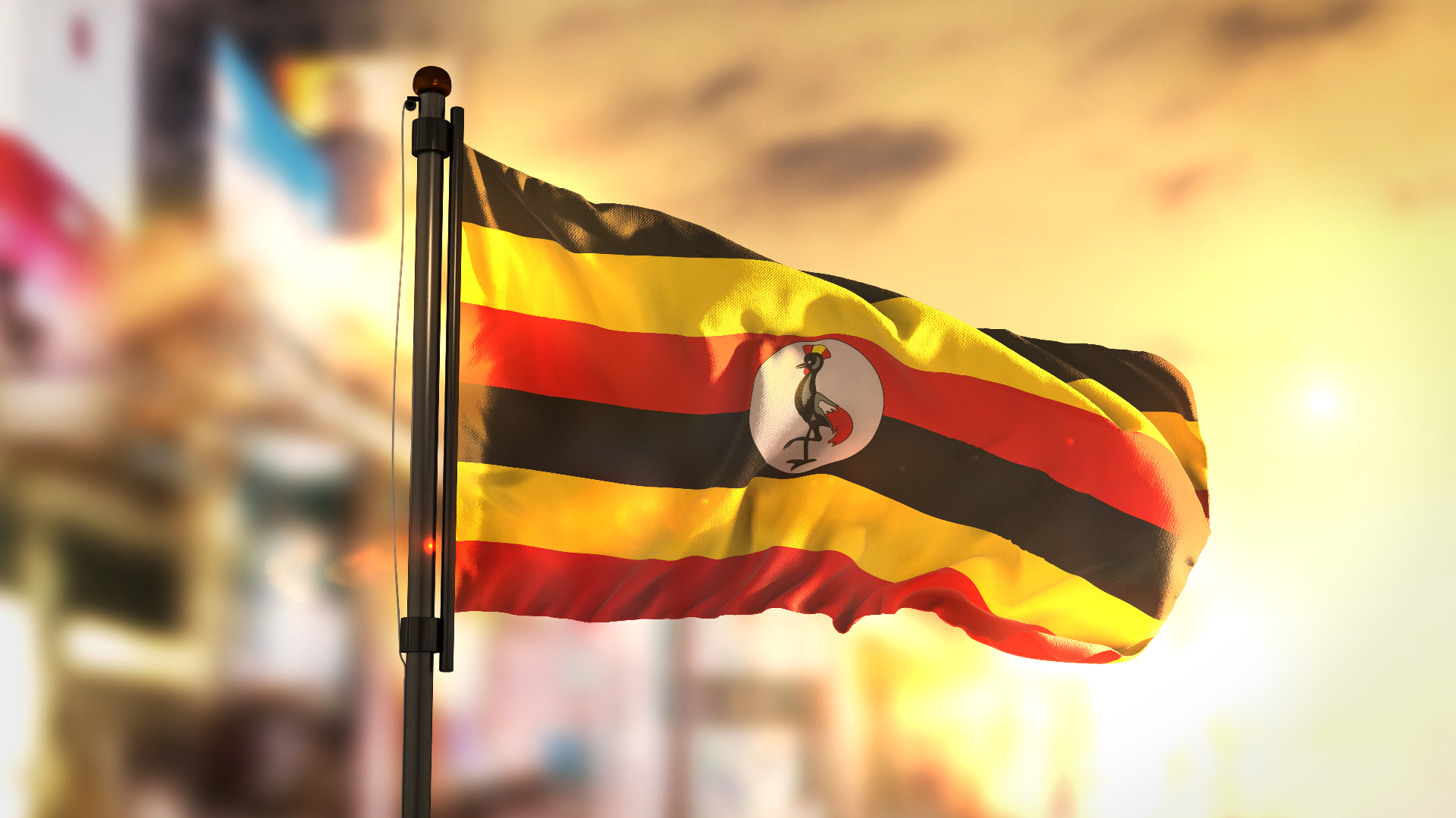
The Misuse of Social Media Act: a threat to freedom of expression in Uganda
February 27, 2023 | Post
The provisions in the Misuse of Social Media Act passed by Uganda’s Parliament are highly restrictive and pose a direct threat to digital freedom. Here’s a quick breakdown of how and why…

The KGB still runs Russia and always has
January 18, 2023 | Post
The KGB still runs Russia. In its structure of power, the same organization that inflicted terror in Soviet times is still calling the shots.

1984 is as relevant as ever in 2022
May 13, 2022 | Post
The brutality and totalitarianism that Orwell portrays in 1984 remains a far-off nightmare for much of the world. But not all of the world.

Free speech, fake news, and society’s search for truth
May 12, 2022 | Post
Only in a society which treasures and protects the precious right to free speech can we move the truth forward and shed light on disinformation
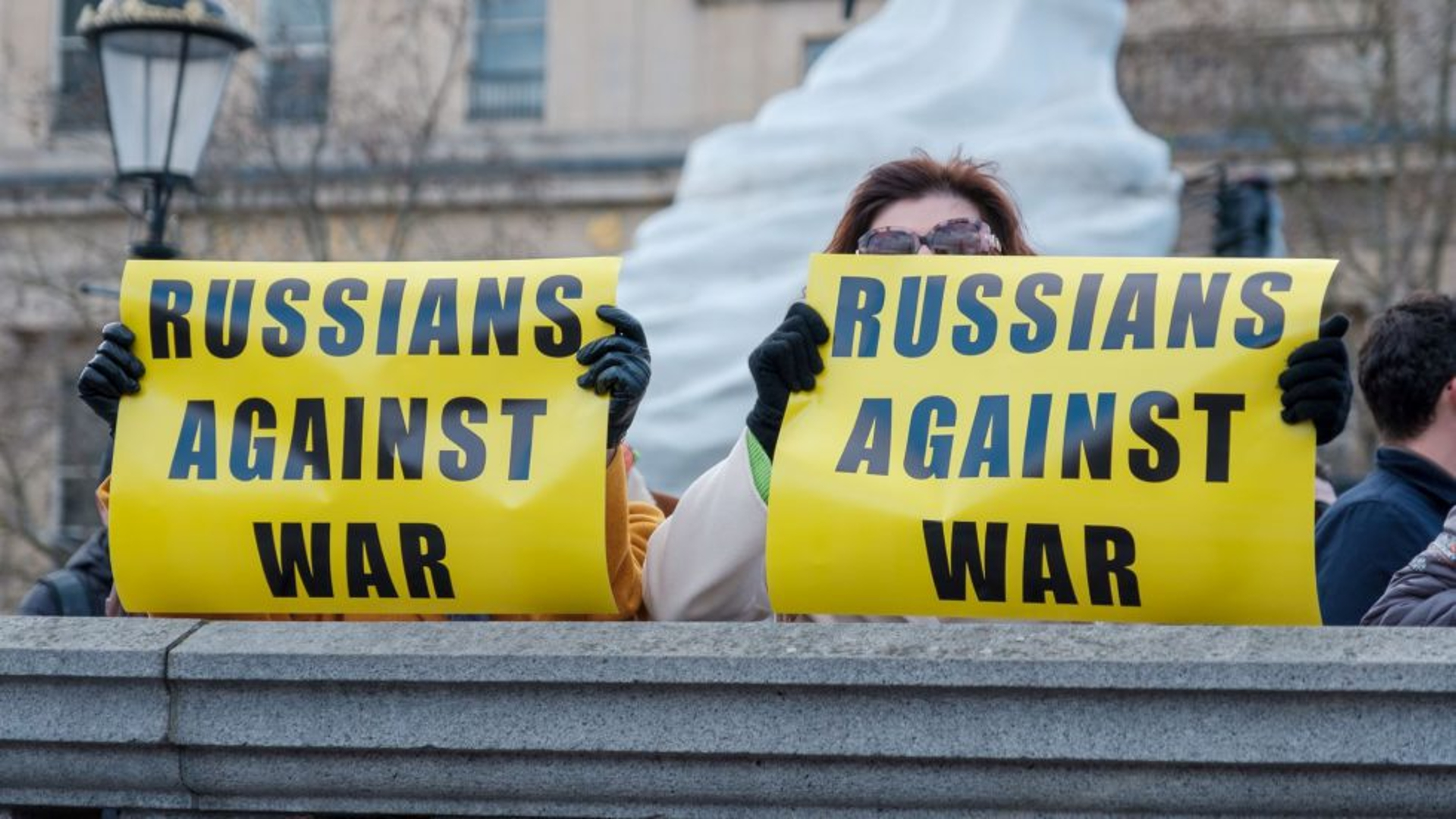
What can Russians do to help Ukraine?
March 16, 2022 | Post
Already oppressed by an authoritarian regime, Russians are now made to fight and die in service to Putin’s brand of tyranny. What are their options?

The Basics of the First Amendment
November 18, 2021 | Video
There’s a reason the very first amendment to the U.S. Constitution protects freedom of speech (and there’s a reason it’s the first right authoritarian governments try to restrict). In many ways, free speech enables all other aspects and rights of a free society.
In Session 8 of our Law 201 series, Robert Corn-Revere, Partner at Davis Wright Tremaine LLP in Washington, D.C., walks us through the basics of first amendment law in the U.S. and similar free speech protection in Europe.

